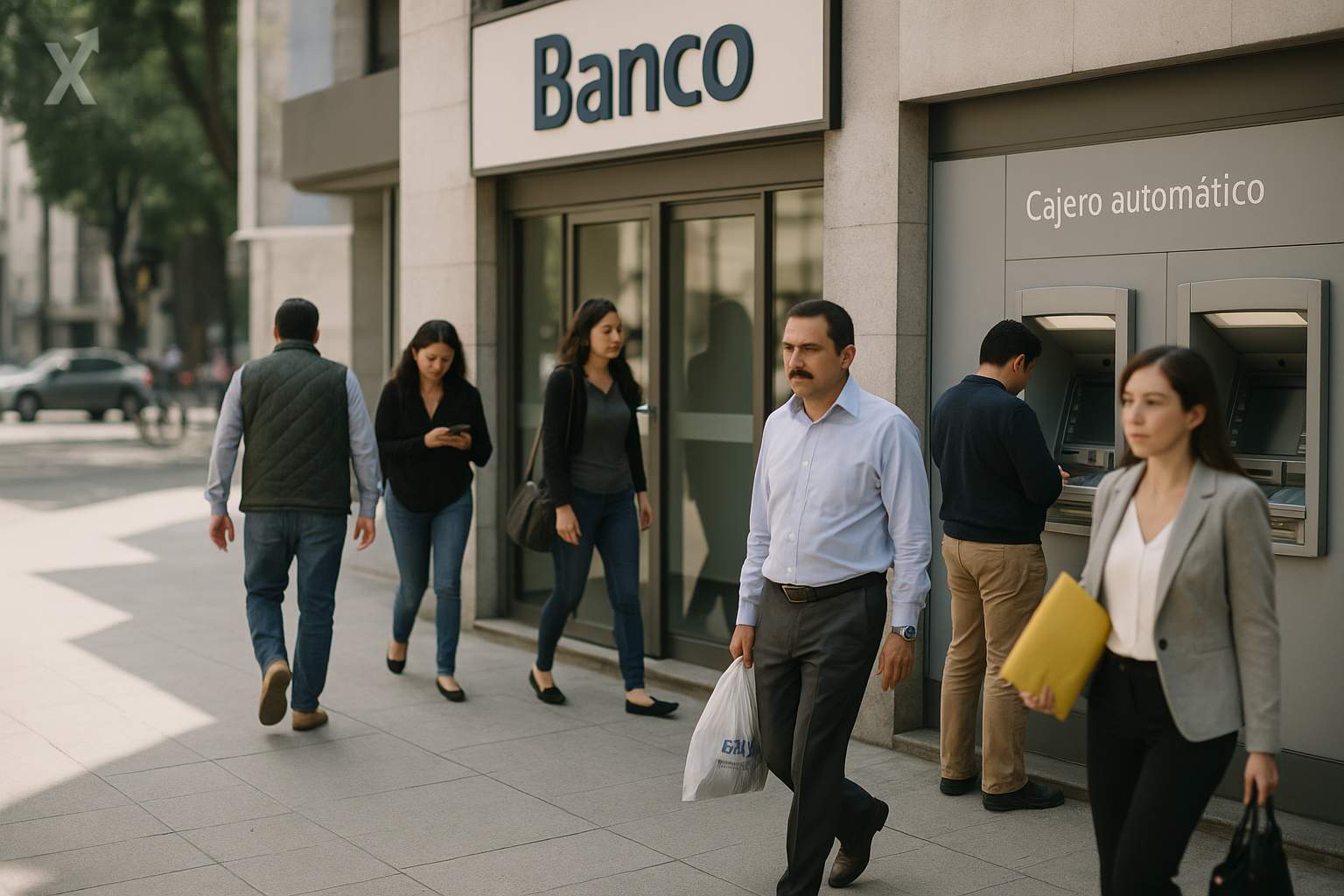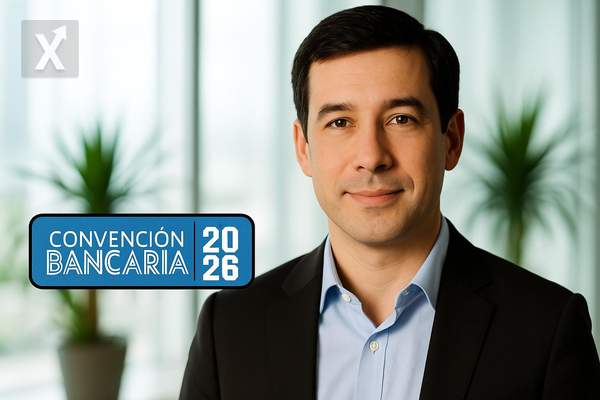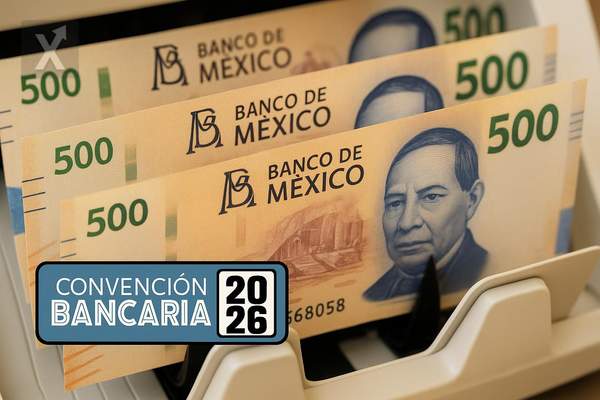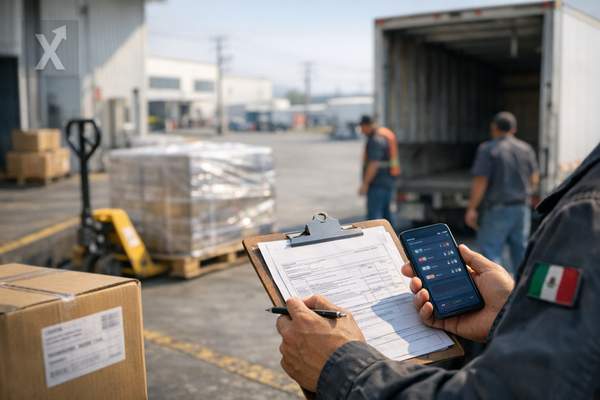Mexican Banks Drive Trust Reform Following Sanctions and International Scrutiny

The Mexican Banking Association (ABM) has launched a strategy to strengthen the banking sector’s involvement in the trust business after Mexico’s banks came under international scrutiny and stricter regulatory measures. This move comes in a context marked by recent U.S. government sanctions against institutions such as Vector, Intercam, and CI Banco, which were flagged for alleged ties to illicit activities including money laundering and drug trafficking. In response, the Mexican Treasury Department temporarily intervened in these institutions to ensure the continuity of their operations—particularly their trust services—most of which have now been transferred to development banks.
According to Emilio Romano, ABM president and Bank of America executive, one of the primary concerns for the sector is the complexity and high legal risks associated with managing trusts in Mexico. Currently, the process for liquidating these financial instruments has shortcomings that have led several banks to exit the trust business altogether. Romano notes that litigation related to trusts tends to be lengthy and expensive, while the fees earned scarcely compensate for the risks assumed. Additionally, there is the problem of trusts abandoned for decades, with banks unable to recover the managed funds.
Given this situation, the ABM, working with the Treasury Department and the Mexican Congress, plans to push for legal and regulatory reforms that would streamline trust processes and provide greater legal certainty. A key proposal involves strengthening and expanding specialized commercial courts at the local level, with the aim of shortening litigation times and making trust operations more attractive. This strategy is expected to gain momentum beginning September 1, when the restructured federal judiciary comes into effect.
Meanwhile, the banking sector is also dealing with a significant load of secured loan cases, with more than 56,000 pending lawsuits arising from defaults and the foreclosure of pledged assets or properties used as collateral. This judicial backlog limits credit availability and undermines the confidence of both banks and investors. The expectation is that a more efficient commercial justice system will speed up asset recovery and, therefore, stimulate economic growth.
The U.S. Department of the Treasury recently granted an extension for the implementation of sanctions against Vector, Intercam, and CI Banco, which, starting in September, will prohibit these entities from doing business with U.S. companies. The extension, arranged jointly with Mexican authorities, aims to ensure an orderly transition in the management of the trusts—worth more than three trillion pesos at CI Banco alone, the sector’s main player.
Experts like Pablo Cotler, a professor at Universidad Iberoamericana, highlight the inherent complexity of trusts, due to the wide variety of contractual clauses and provisions that make both their closure and day-to-day administration challenging. In the wake of international scrutiny, banks are expected to operate with greater caution and be more selective with the trusts they choose to take on. The main priority will be to strengthen controls to minimize reputational and legal risk.
In conclusion, the reconfiguration of the regulatory and judicial framework will be key to the future of Mexico’s trust business. While challenges related to procedural efficiency and confidence in the financial system remain, the proposed reforms could pave the way for a recovery of the sector and enhance transparency and legal certainty for the benefit of the entire economy.






